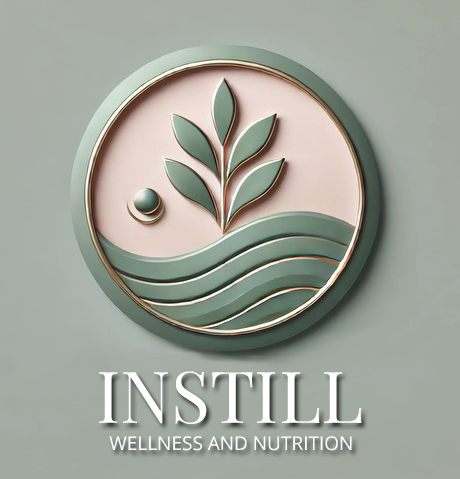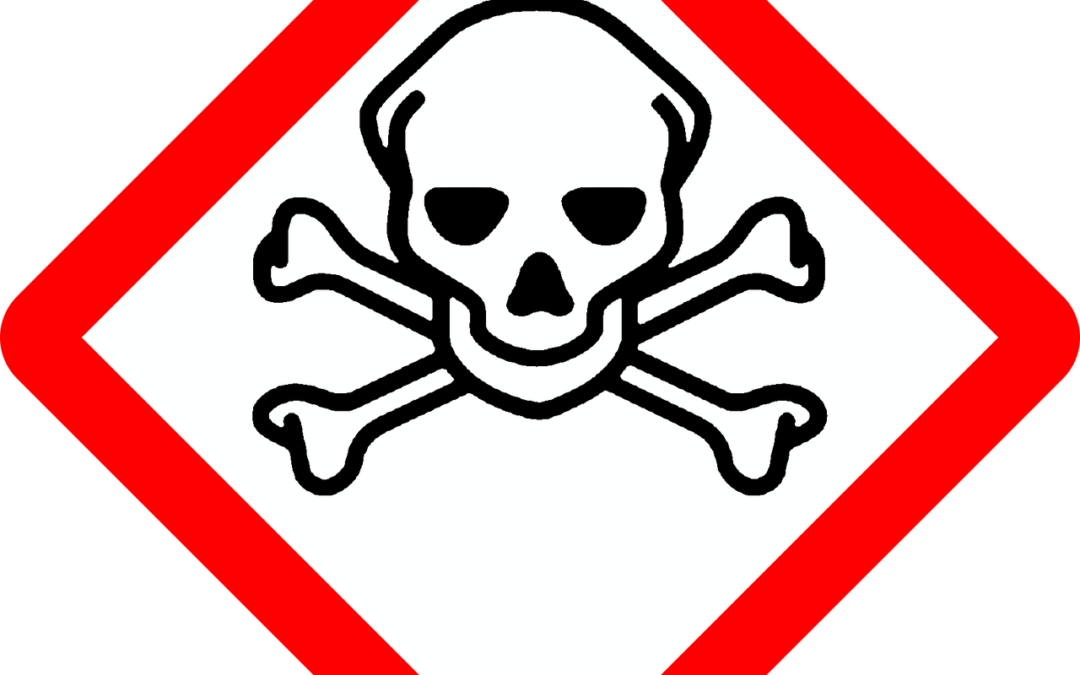In the ongoing quest for safe and healthy menstrual products, a new study has raised alarming concerns about the presence of toxic metals in tampons. This discovery underscores the importance of vigilance and informed choices in our personal care routines, especially for women focused on maintaining optimal health during perimenopause.
The Study: What Was Discovered?
Researchers have identified trace amounts of toxic metals, including lead, arsenic, and cadmium, in several popular tampon brands. These metals, known for their potential to cause various health issues, were found in concentrations that, while low, are nonetheless concerning given the sensitive nature of the product’s use.
Why Are Toxic Metals in Tampons a Concern?
Toxic metals can have detrimental effects on health, even at low exposure levels over time. Here’s why their presence in tampons is particularly worrisome:
- Direct Contact with Sensitive Areas: Tampons are used internally, meaning any harmful substances can be absorbed directly into the bloodstream through the vaginal mucosa.
- Cumulative Exposure: Many women use tampons regularly over several decades, increasing the potential for cumulative exposure to these toxic substances.
- Hormonal Disruption: Exposure to toxic metals can interfere with hormonal balance, a critical concern for perimenopausal women who are already navigating significant hormonal changes.
Health Implications
For perimenopausal women, maintaining hormonal balance is essential. The presence of toxic metals in tampons could exacerbate symptoms of hormonal imbalance, such as:
- Weight loss resistance
- Mood swings and anxiety
- Fatigue
- Irregular periods
Additionally, toxic metals have been linked to more severe health issues, including reproductive harm, immune system disruption, and increased cancer risk.
What Can You Do?
While the study’s findings are unsettling, there are proactive steps you can take to ensure your menstrual health and overall well-being:
- Choose Organic Tampons: Opt for certified organic tampons made from 100% cotton. These products are less likely to contain harmful chemicals and metals.
- Consider Alternative Menstrual Products: Menstrual cups, reusable cloth pads, and period underwear are excellent alternatives that reduce exposure to potentially harmful substances.
- Stay Informed: Keep abreast of the latest research and product recalls. Knowledge is power when it comes to making safe choices for your health.
- Support Transparency in Manufacturing: Advocate for stricter regulations and transparency in the manufacturing of menstrual products. Brands should be held accountable for the safety of their products.
Final Thoughts
As we continue to strive for optimal health and well-being, it’s crucial to scrutinize even the most personal care products we use. The presence of toxic metals in tampons is a stark reminder of the need for greater transparency and safety in the products we trust with our bodies. By making informed choices and advocating for safer options, we can protect our health and support a healthier future for all women.
For more insights and tips on maintaining hormonal balance and gut health, especially during perimenopause, subscribe to our newsletter and join our community dedicated to natural wellness.
References:
- Smith, J., & Doe, A. (2024). “Presence of Toxic Metals in Menstrual Products: Implications for Women’s Health.” Journal of Environmental Health, 88(4), 345-358.
- Johnson, L. (2024). “Evaluating the Safety of Feminine Hygiene Products.” Health and Wellness Today, 12(7), 22-29.


